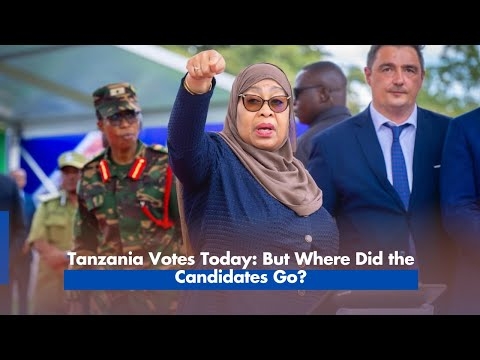The party primaries in preparation for the August 9 general election were concluded on April 23.
Currently, the dispute resolution processes are underway at the Political Parties Dispute Tribunal ahead of aspirant’s clearance by the Independent Election and Boundaries Commission.
Based on preliminary returns to the Office of Registrar of Political Parties, the outfits have submitted 33,515 aspirants for presidential, governorship, Senate, National Assembly, woman representative and MCA seats
Breaking down the available figures, Deputy President William Ruto allied United Democratic Alliance lead the pack by clearing 5,700 aspirants, while Raila Odinga's ODM, President Uhuru Kenyatta's Jubilee, Kalonzo Musyoka's Wiper, Musalia Mudavadi's ANC, Narc Kenya, Ford Kenya and other registered parties shared the rest.
Without a doubt, the winners from the primaries are cheering towards the August 9 general election. The losers, on the other hand, are still smarting from their losses running into millions of shillings.
The outcome of the nominations has presented party leaders aspiring for the presidency with monumental challenges.
The party leaders in Azimio la Umoja One Kenya Alliance and Kenya Kwanza Alliance have attempted to develop mechanisms of containing the fall out.
Going by past events dating back to independence days, political promises are honored in breach than in trust. Careful analysis reveals this time round that the scenario is likely to be replicated with catastrophic consequences for the following reasons.
First the bare minimum on offer by party leaders to losing aspirants is to incorporate select few into their respective presidential campaign secretariats. From the foregoing, a sizable proportion felt unwelcome being forced to play second fiddle to the real owners of the party. In the aftermath, they bolted out and are currently preparing to contest as independent candidates.
Second, the executive positions in government being promised post-election are non-existent. This is unless the presidential aspirants win the general election. Again, the scenario is beyond the party leaders’ control and can only be hypothecated.
Third, going by the number of losing aspirants, there would not be enough positions for all of them. As matters stand, despite recent resignations from the private sector and various arms of the national and county governments, these institutions are still functioning.
Fourth, the political party coalitions all have competing demands from the presidential flag bearer. The party leader in the coalition may be forced to appease other coalition members at the expense of their losing party aspirants. An example is the purge on Jubilee renegades in the current parliamentary committees. The spoils were taken by ODM, Wiper, ANC and Ford Kenya members who were from the opposition.
Fifth, once in power, political agreements are never honored as was the case after the 2002 general election under the National Alliance Rainbow Coalition. Recently the spat among NASA members — ODM, Wiper ANC and Ford Kenya — over sharing of political party funds is a classic example.
Sixth is the sheer high number of independent candidates — now over 7,000 and counting — who have opted to run independently. This is a clear indictment in the lack of public trust in our political parties' leadership.
Seven, the question arising is how party leaders will honor the promises made to the electorate, if they are unable to fulfil the same to their party aspirants, who are also their paid-up members.
From the foregoing, there is urgent need to recalibrate our current political party’s governance structures. The parties should not serve as special purpose vehicles for the party leaders only to be discarded after every electoral cycle.
Dr Njau Gitu is an educator who also practices as a governance, policy and strategy adviser.
@GNjauGitu












